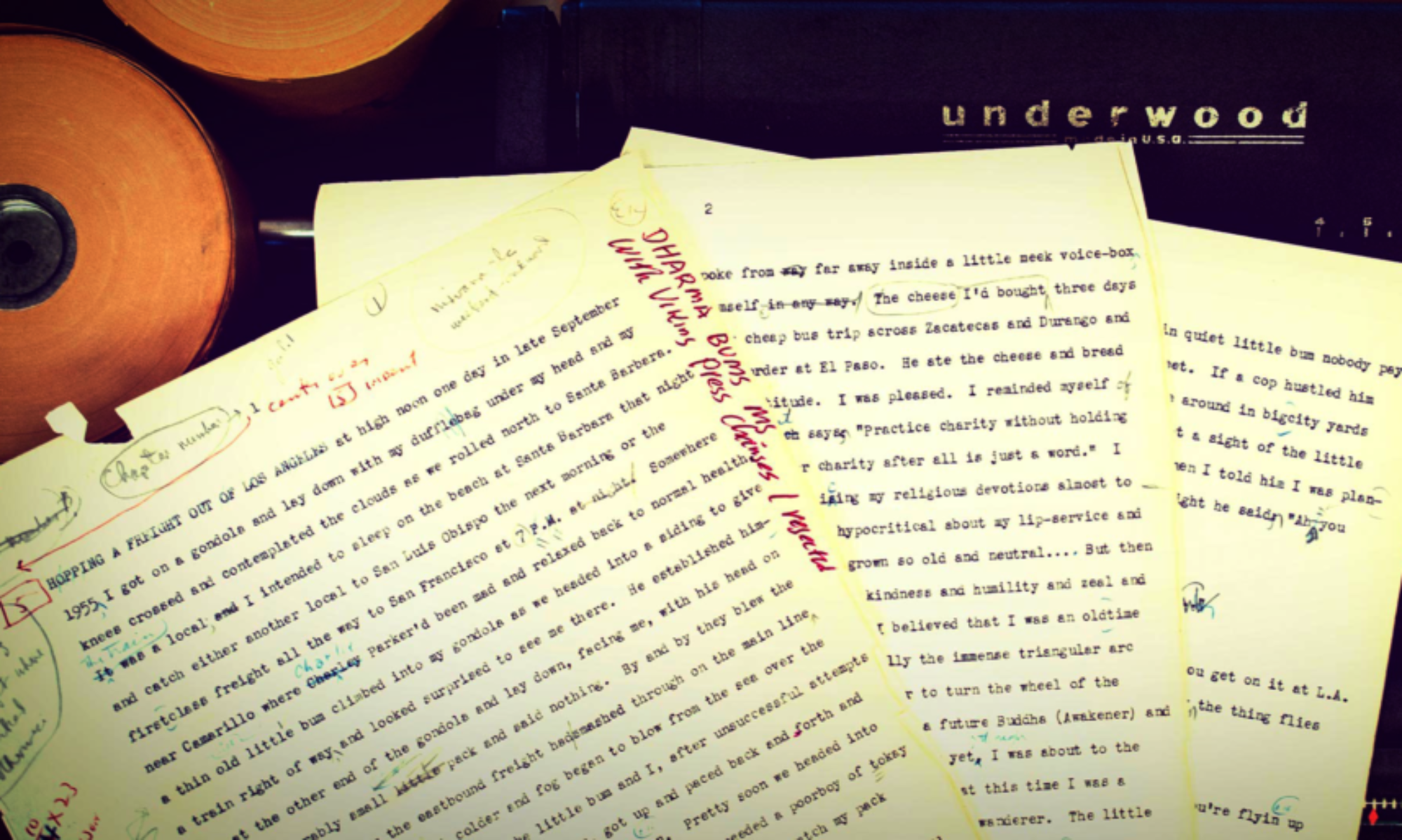The English Department is excited to highlight our recent alum, Dylan Schellenberg (20C), whose senior thesis work, titled “A Retinal Twitch, A Misfired Nerve Cell: The Neuroscience of The Crying of Lot 49,” will be published in the Critique: Studies in Contemporary Fiction journal.
Initially, Schellenberg came to Emory for the great neuroscience program, but by his sophomore year, he realized he was missing his high school English classes. Moving forward, he chose to double major in English and Neuroscience and Behavior Biology (NBB) to further explore both of his interests. “The senior thesis really ended up being the perfect opportunity to realize this long-held goal of mine of independently exploring science and literature,” Schellenberg says.
“I thoroughly enjoyed the process of delving into more and more obscure/esoteric texts in the scholarly pursuit to dig up these odd moments throughout history that have been largely passed over by others,” he explained, “it makes you feel like some academic sleuth.” When asked about advice for English majors interested in writing a thesis, Schellenberg emphasized the importance of reading a lot but reading smart. He explained, “it’s fun to go exploring in your research and learn and discover new things, but you also must be smart with your time, considering this is college and you have a load of other responsibilities to fulfill on top of your thesis.”
Despite the pandemic interrupting his plans to stay in Atlanta, he has continued to explore his interests by reading and writing what he finds interesting. He looks forward to his future career whether that includes medical school to become a doctor or graduate school to become an English teacher. Either way, he plans to continue his literary pursuits by drafting an essay on Pynchon and hopes to be published again in the near future. Emory’s English Department is proud to list Schellenberg amongst our alumni and we’re sure his future will contain a great deal of success in both the literary and scientific fields. Those interested in reading his work can read his published article online.

